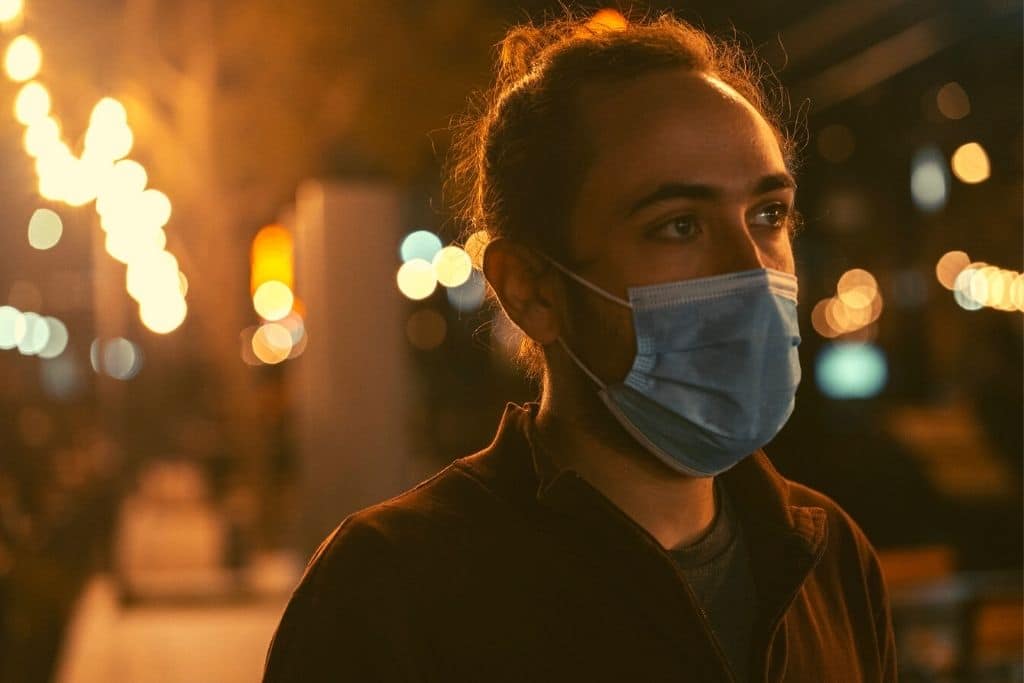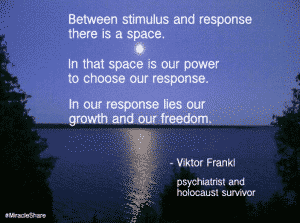Today’s expert is Rebecca, an Addiction Clinician working at the Nelson Addiction Service inside the Nelson Marlborough District Health Board.
===========
Mrs D: How are you put in contact with people who have a problem with alcohol?
Rebecca: People are referred to our service from a number of different places. Some self-refer, some from the Emergency Department, Nelson Hospital, some from their GP, others from Community Probation.
Rebecca: What sort of approach do you take with someone when you first meet them?
Rebecca: I take a very gentle approach when I first meet them as I realise that often the hardest part of getting treatment is when they step through our door, not knowing what is going to happen or who they are going to meet. I try and explain to them what we will be doing in the first session and who will know about it.
Mrs D: What are the sorts of questions you ask when doing a comprehensive assessment?
Rebecca: I ask a lot of questions in the first session about the person, including some very personal questions. I ask them to tell me when they first used a substance, how long they used it for and when they thought their heaviest time of use was. We go through all the substances, including nicotine and gambling. I ask about any medical issues they may have had or mental health issues and then ask about their families – both the families they were brought up in and if they have a current family. I also ask about education, qualifications and employment.
Mrs D: You work with youth as well as adults, do you need a different approach for the different age groups?
Rebecca: I had a role in the youth team last year when I went into the local colleges and worked with young people who had been referred to our service – again through self-referral, ED, GPs and the school. I realised that most young people don’t want to sit and spill their whole life story out to a stranger so I would start by asking what their interests are, why they have come to meet with an Addiction clinician and what they thought the problem was.
Mrs D: Do you think people are always honest about their drinking habits?
Rebecca: I think it takes a lot to work out that they are actually drinking more than they realise. One of the questions I ask is when did they have their last drink and how many did they have. I break down what they have told me, using a white board and look at it compared to standard drinks sizes and the suggested actual number of drinks a person could be drinking.
Mrs D: Is alcohol misuse the main problem they face? Or are there often other underlying issues they are battling?
Rebecca: Lots of people have a reason to drink including loneliness, habit, to block out previous abuse, to make them feel better, when actually, long term it just makes people feel worse.
Mrs D: What sort of impact can heavy alcohol use have on a person’s emotional wellbeing?
Rebecca: A number of people don’t realise that alcohol is a depressant and when it’s pointed out to them they are initially surprised, but then realise that yes, it doesn’t make them feel good long term.
Mrs D: Often we think the alcohol is helping us deal with stress and negative emotions (I know I did), how do you work with people to turn their thinking around on this?
Rebecca: To make the person realise that they are good enough on their own and don’t need a substance to make them “fit in”. I use a Strengths Perspective, looking at what the person has done including employment, previous qualifications etc. I also suggest that actually life can be hard work, but substances aren’t a good option to get them through.
Mrs D: How can you help someone gain the strength and determination needed to remove alcohol from their lives? How can they help themselves?
Rebecca: I like to look outside the square and suggest to people to go for their dreams – one question I like to ask is where would you like to be in five years time? One person suggested a helicopter pilot – and we talked about what was stopping him and how he actually could achieve this goal. Often it’s breaking the goal down into small chunks and taking one step at a time toward that goal.
Mrs D: How important is community and the support of others in recovery to a person first setting out to get sober?
Rebecca: I don’t think we realise how alcohol saturated our community is – I remember suggesting to someone to get involved in a sport – but quickly realized that after a game everyone heads up to the bar for a drink. We have alcohol readily available in our supermarkets, it’s how we socialize and celebrate, so having personal and community support is essential for our recovery. We need to have the courage to tell our friends or work mates that their support is a huge part of our recovery and have alcohol-free work-dos/party’s…
Mrs D: Is there a ‘normal’ period of time that you would work with a person helping them recover from addiction?
Rebecca: I work with a person for as long as they need. Some are much shorter than others (a couple of months) while others I might see for a couple of years. I let them be the gauge as they are the expert on themselves and they know what they need.
Mrs D: What’s the best part of your job?
Rebecca: I feel very privileged to work with the wonderful people I met each day who are willing to share with me their struggles and explore what recovery looks like for them.






